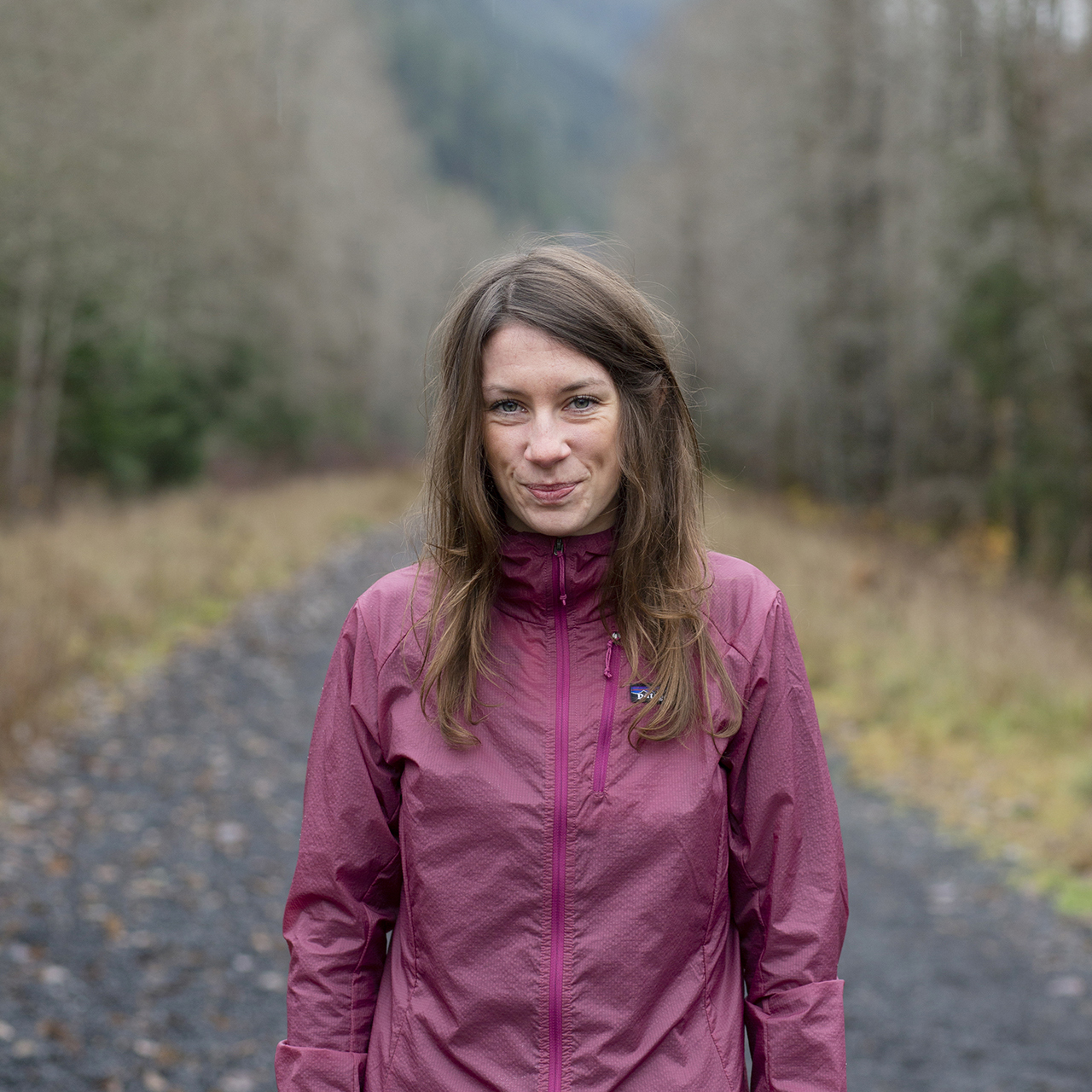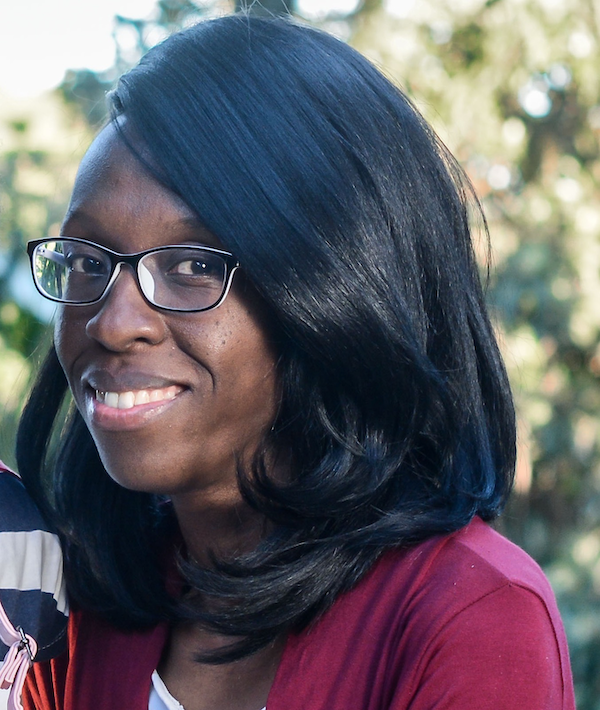In the world of cinema, the terms “producer” and “director” are often used interchangeably. While both play pivotal roles in the creation of a film, they serve distinct (and sometimes overlapping) functions.
To truly appreciate the art of filmmaking, and for anyone attempting to have a crack at it themselves, it’s essential to understand the differences between these two roles and how they collaborate to bring stories to life on the big screen.
The producer: The mastermind behind the scenes
A film is a massive project, and you need someone making sure everything gets done right and on time. That’s the producer’s job—to oversee everything from pre-production to post-production. They’re responsible for roles like:
Financing the project
Producers are the ones responsible for securing the necessary funds to bring a film production to fruition. They may collaborate with studios, investors, or even use their personal resources to ensure the project gets off the ground. This includes budgeting, financial planning, and managing resources.
Script development
Film producers often play a role in developing the script. They may work with screenwriters, commission rewrites, or acquire existing scripts that align with their vision. Their goal is to shape the story in a way that resonates with the target audience.
Casting
Producers play a big role in the casting process. They often work closely with casting directors to select the right actors or interviewees for the film.

Source: Public domain
Hiring the crew
Beyond the cast, the producer hires key crew members—including the director! This part of the role is about assembling a team that aligns with the project's vision, from cinematographers and production designers to costume designers and editors.
Logistics and planning
Producers manage all the logistics of a production, including securing shooting locations, getting permits, and managing the day-to-day operations of the set. It’s the movie producer’s job to ensure that everything runs smoothly and on schedule.
Risk management
Filmmaking is fraught with risks, from weather-related setbacks to unexpected accidents. Producers are responsible for identifying and mitigating these risks to protect the project's investment.
Post-production oversight
The producer's role doesn't end with the final shot. They also oversee the post-production process, collaborating with the director and editor to shape the final product. This includes decisions related to music, sound design, and visual effects.
Marketing and distribution
If all of that wasn’t enough, producers also work on marketing and distribution strategies, helping to ensure the film reaches its target audience and achieves commercial success.
In essence, producers are the absolute driving force behind a film’s creation. They are the architects who design the blueprint, secure the resources, and coordinate the team to bring the project to life.
Director: The visual storyteller
While the producer ensures that the film gets made, the director is the creative visionary, responsible for how it gets made. Similar to how a conductor shapes a musical performance as they lead an orchestra, a director shapes the film’s narrative and guides the actors and crew to realize their artistic vision. They handle roles on the creative side like:
Interpreting the script
Directors take the script and interpret it through their unique artistic lens. They make decisions about the creative aspects of how the story will be told, including the visual style, tone, and pacing.
Working with actors
One of the film director's most critical roles is working with actors or interviewees to bring out the best performances. They provide guidance, direction, and feedback to help performers embody their characters authentically.
Visual storytelling
Directors are responsible for the film's visual signature. The director works closely with cinematographers, production designers, and costume designers to create a cohesive and visually compelling (and believable) world for the audience.

Source: UKinUSA, used by CC BY-SA 2.0 Attribution
Blocking and staging
Directors choreograph the movement of actors and cameras within each scene, known as ‘blocking’. They determine the best composition and shots to convey the story effectively, with their own creative vision.
Editing and post-production
While editors handle the technical aspects of editing, directors provide creative input and direction to shape the final edit. They make decisions about pacing, shot selection, and the overall flow of the film.
Collaboration
Collaboration is key in filmmaking, and movie directors have to work closely with various departments to achieve their vision. It’s paramount they communicate their ideas and expectations clearly to ensure everyone’s aligned.
Final say on creative decisions
Ultimately, directors have the final say on creative decisions related to the film. Their vision is central, and they often have creative control over the project.
While producers and directors have distinct roles, their partnership is essential to a film's success. They work in tandem to balance the creative and logistical aspects of filmmaking.
Of course, it’s not all down to the two roles. A film set consists of whole teams of creatives that all work together to bring a film from set to screen. There’s assistant producers, assistant directors, the camera department, lighting, sound, makeup, costume, script supervision, hospitality, stunt coordinators and post-production crew — just to name a few. But it’s the director and producer’s jobs to bring all these people together and have them sing the same song, in tune and on beat.








































